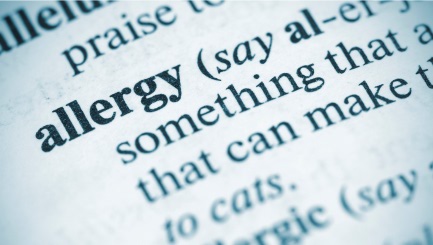Make This The Year That You Beat All Your Allergies
 It looks like spring has finally arrived in the UK, after one of the longest, coldest winters on record. Although its arrival is greeted with joy by most, for allergy sufferers, spring can be a very difficult time indeed. The warmer weather means that many flowers start to bloom, and the pollen count rises significantly.
It looks like spring has finally arrived in the UK, after one of the longest, coldest winters on record. Although its arrival is greeted with joy by most, for allergy sufferers, spring can be a very difficult time indeed. The warmer weather means that many flowers start to bloom, and the pollen count rises significantly.
For those who suffer from asthma, or those who are seasonal allergy sufferers, this pollen can cause all kinds of different wellness problems, with symptoms including wheezing, breathlessness, itching and watering eyes.
A new treatment, however, may be about to revolutionise the wellbeing of all of these sufferers. New pills and drops, administered under the tongue, may be the answer to seasonal allergies as they could help to desensitise the immune system to all of the allergens that bring on the unpleasant symptoms that have such a negative effect on people’s lives.
The new research has looked into what is called sublingual immunotherapy. Sublingual means ‘under the tongue’ and replaces traditional allergy shots with drops or pills that the patient places under the tongue until they are dissolved. The principle behind the treatment is the same, as it aims to expose the immune system to small extracts of whatever substance the person’s body is creating an allergic reaction to (such as grass pollen, for example) and the body will then gradually build up a tolerance to this substance.
There are currently no under-the-tongue products approved for medical use, but some doctors are prepared to administer traditional allergy therapies in an oral manner anyway.
There is strong evidence to suggest that these under-the-tongue treatments are effective, especially in the case of allergy-induced asthma. Studies which have compared the two ways of administering the treatment have all seen that the under-tongue method seems to generate better results. The results, however, are not quite so good if the allergies affect the nose (running nose or congestion, for example) rather than the respiratory system.

Comments are closed.